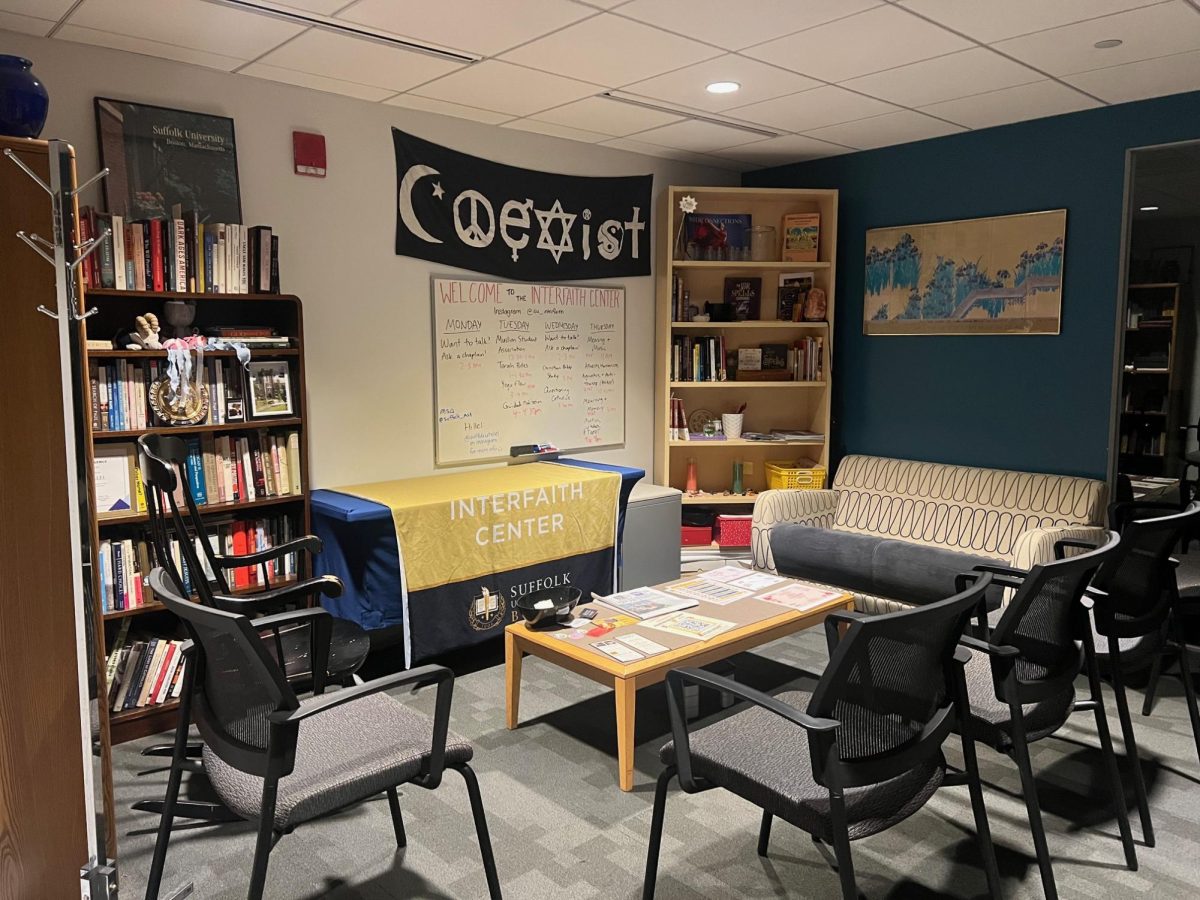Suffolk University has expanded its housing promises to include not only all undergrad students regardless of year, but also graduate students as well, to the concern of others who are unsure about the effects of the updated Suffolk alcohol policy in these spaces. With the permission of limited alcohol within graduate-only spaces, the result of undergraduate and graduate life within these shared residence halls is still unknown.
In a statement, Greg Gatlin, Suffolk University’s vice president of communications and the university spokesman, explained that the university is working to provide graduate and law students access to on-campus housing “when possible.” He said that this year, Suffolk has been able to provide housing for 53 graduate and law students.
Graduate students have been provided housing in dorms alongside upperclassmen, in buildings such as Miller and 10 West, where some are even sharing spaces with undergraduate students within the same dorms or apartments.
Graduate students have their own perspective on this change.
Henrique Liberatori, a Suffolk alumnus who graduated with a master’s in business last spring, said he sees the incredible value of this expansion of housing. Liberatori, who is originally from Brazil, explained the difficulties he faced as an international student, having to find his own housing.
“I was not 100 percent focused on studying because I needed to worry about transportation,” said Liberatori.
Kerby Gillis, a current law school student living off campus, shared a similar sentiment.
“Boston is becoming more and more an impossible place to move to for the average person,” said Gillis.
She added that she believes that this housing is a necessity, as many students may require the ability to pay for a place to live in Boston with the subsidized loans they would get through the university for housing.
However, this change is not without its controversy. Suffolk, prior to this year, had been a “dry campus.” This phrase refers to a campus that does not permit alcohol within any of its spaces, with no exceptions.
This year, however, the alcohol policy was updated to allow alcohol to be permitted in residence spaces occupied by only graduate and law students.
“We will be reviewing the success of this change in the future, may extend the rule to some undergraduate spaces occupied by those over 21,” said Gatlin.
Liberatori expressed his perspective on how the change in alcohol policies could impact the culture and comfort of both the graduate and undergraduate students living within the dorms.
“I imagine that grad students living with undergrad could cause a lot of social problems with drinking,” said Liberatori. “The security of the undergrads, under 21, for me, is the most important.”
Gillis had a different perspective.
“I mean, everyone going into law school is at least 21 or 22 and some of them could be as old as thirty, forties, fifties even, so I think it is unreasonable to be policing adults like that,” said Gillis.
Gatlin explained that students within dorms where alcohol would be permitted were also expected to complete a training on using alcohol responsibly, and that careful consideration was taken to guarantee that safety and comfort were considered priorities.




















